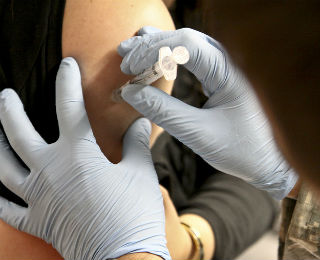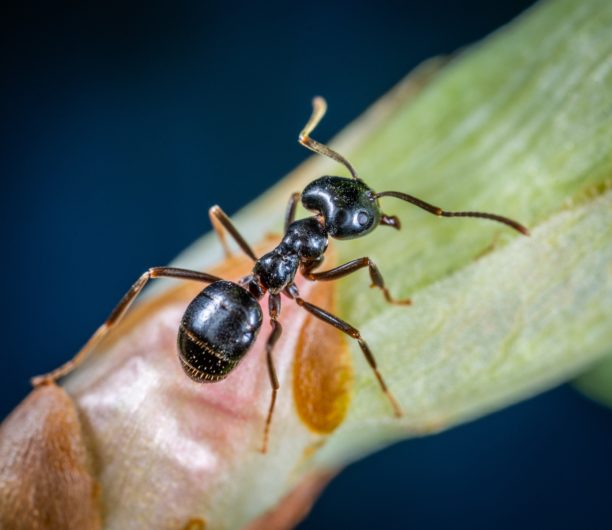December 9, 2020
Why Older Adults Need the Shingles, Flu, Pneumonia and Tdap Vaccines
Benjamin Franklin’s statement that “an ounce of prevention is worth a pound of cure,” underscores the need for vaccinations. As we age, so do our immune systems. That’s why getting vaccinated should be a lifelong, life-protecting journey.
Here are the four most common vaccines for adults 65 and older.
Shingles
Shingles (also called herpes zoster, or just zoster) is a painful skin rash, usually with blisters. In addition to the rash, shingles can cause fever, headache, chills, or upset stomach. More rarely, shingles can lead to pneumonia, hearing problems, blindness, and other serious health conditions. The most common complication of shingles is long-term nerve pain called postherpetic neuralgia (PHN). PHN occurs in the areas where the shingles rash was, even after the rash clears up. It can last for months or years after the rash goes away. The pain from PHN can be severe and debilitating.
About 10 to 18% of people who get shingles will experience PHN. An older adult with shingles is more likely to develop PHN and have longer lasting and more severe pain. The shingles vaccine (Shingrix) provides strong protection against shingles and protects against PHN.
Flu
Flu is a contagious disease that spreads around the United States every year, usually between October and May. Anyone can get the flu, but it is more dangerous for some people. Adults 65 years of age and older, and people with certain health conditions or a weakened immune system are at greatest risk of flu complications. Annual flu vaccinations prevent illnesses and flu-related hospital visits.
Pneumonia
Pneumococcal disease refers to any illness caused by pneumococcal bacteria. These bacteria can cause many types of illnesses, including pneumonia, which is an infection of the lungs. Pneumococcal bacteria are one of the most common causes of pneumonia. Besides pneumonia, pneumococcal bacteria can also cause: ear infections, sinus infections, bacteremia (bloodstream infection) and other serious infections. Anyone can get pneumococcal disease, but people with certain medical conditions and adults 65 years or older are at the highest risk.
There are two separate vaccines that protect against the many different strains of bacteria that cause pneumonia — PCV13 and PPSV23. Each shot is administered a year apart. The Centers for Disease Control and Prevention recommends PPSV23 for adults 65 and older, even if you have had other shots for pneumonia.
Tetanus, Diphtheria, Pertussis (Tdap)
Tdap vaccine can prevent tetanus, diphtheria, and pertussis. Tetanus (T) enters the body through cuts or wounds. It causes painful stiffening of the muscles and can lead to serious health problems.
Diphtheria (D) and pertussis (aP) spread from person to person. Diphtheria can lead to difficulty breathing and other serious health problems. Pertussis, also known as “whooping cough,” can cause uncontrollable, violent coughing which makes it hard to breathe and can be extremely serious. Adults should receive a Tdap booster dose every 10 years.
Discussing which vaccinations are right for you with your doctor, will help you prevent disease and maintain a healthy active lifestyle.
More on Vaccines for Older Adults

Get Your Flu Shot!
You hear on the news where children, older adults, and those with chronic illnesses or more susceptible than others and often pass away as a result from the flu.

Vaccines and Shots: Not Just for Children
For older adults, the flu can become a serious illness. Ninety percent of flu-related deaths and more than half of flu-related hospitalizations occur in people age 65 and older, according to the U.S. Department of Health and Human Services.

